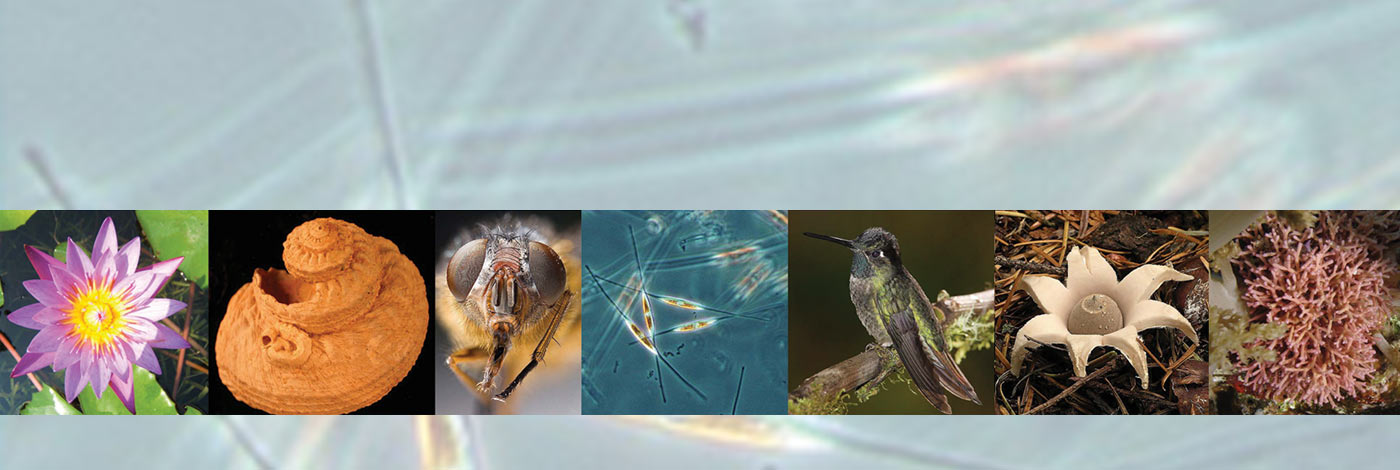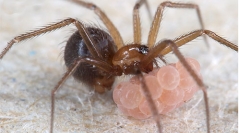

 European Journal of Taxonomy
880 (1) - Pages 1-89
European Journal of Taxonomy
880 (1) - Pages 1-89The North American-Caribbean genera Pholcophora Banks, 1896 and Tolteca Huber, 2000 are representatives of Ninetinae, a group of small, cryptic, and thus poorly known pholcid spiders. We present the first comprehensive revisions of the two genera, including extensive SEM data and descriptions of seven new species from Mexico (Pholcophora mazatlan Huber sp. nov., P. papanoa Huber sp. nov., P. tehuacan Huber sp. nov., Tolteca huahua Huber sp. nov., T. manzanillo Huber sp. nov., T. oaxaca Huber sp. nov., and T. sinnombre Huber sp. nov.). We add new CO1 sequences of nine species to previously published molecular data and use these for a preliminary analysis of relationships. We recover a North American-Caribbean clade including ‘true’ (mainland) Pholcophora, Tolteca (Mexico), and a Caribbean clade consisting of the genus Papiamenta Huber, 2000 (Curaçao) and Caribbean ‘Pholcophora’. First karyotype data for Tolteca (2n♂ = 13, X1X2Y and 15, X1X2Y, respectively) reveal a strong reduction of the number of chromosome pairs within the North American-Caribbean clade, and considerable karyotype differentiation among congeners. This agrees with considerable CO1 divergence among species of Tolteca but contrasts with very inconspicuous morphological divergence. Environmental niche analyses show that the widespread P. americana Banks, 1896 (western USA, SW Canada) occupies a very different niche than its Mexican congeners and other close relatives. Caribbean taxa also have a low niche overlap with ‘true’ Pholcophora and Tolteca, supporting the idea that Caribbean ‘Pholcophora’ are taxonomically misplaced.